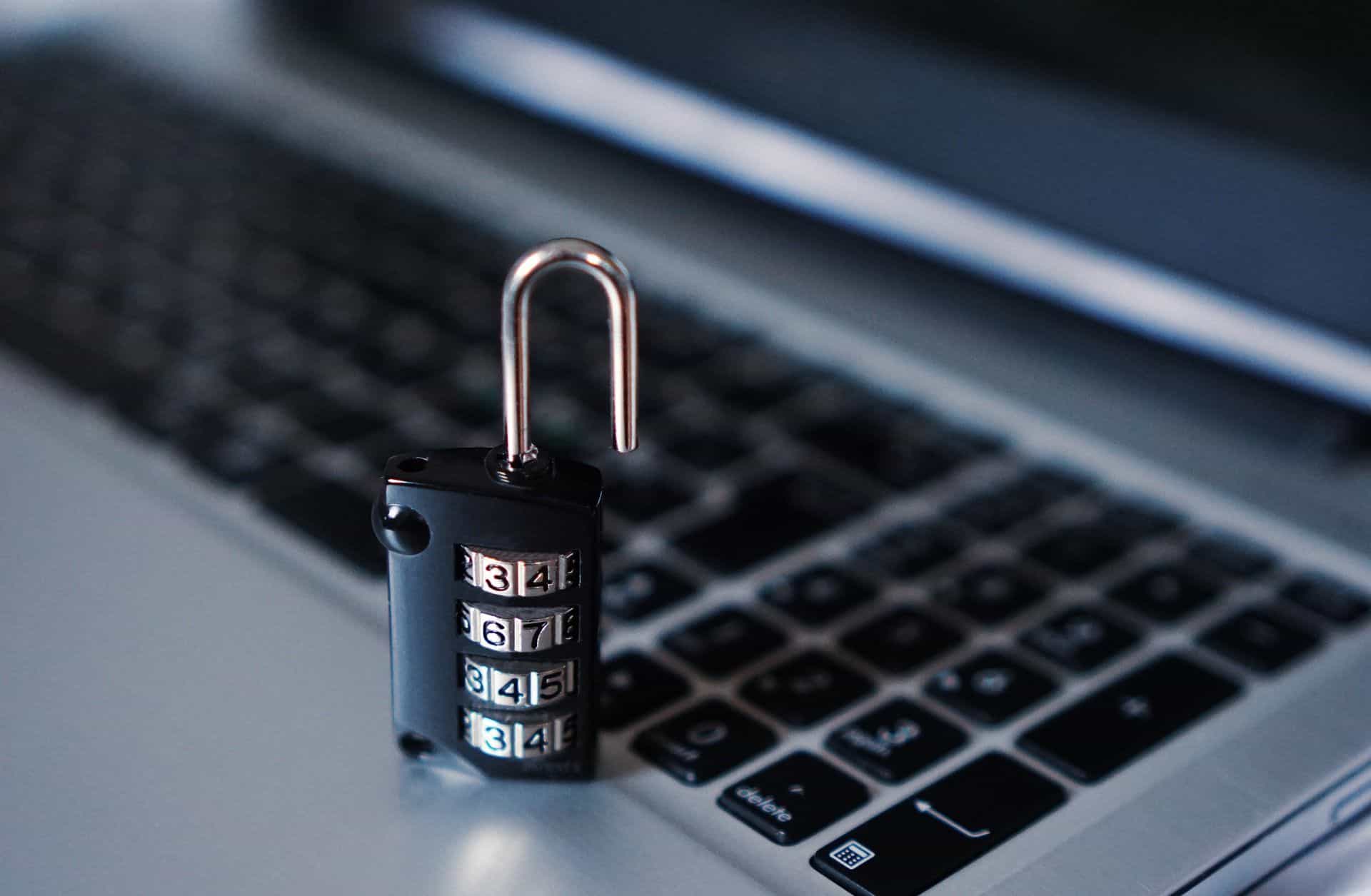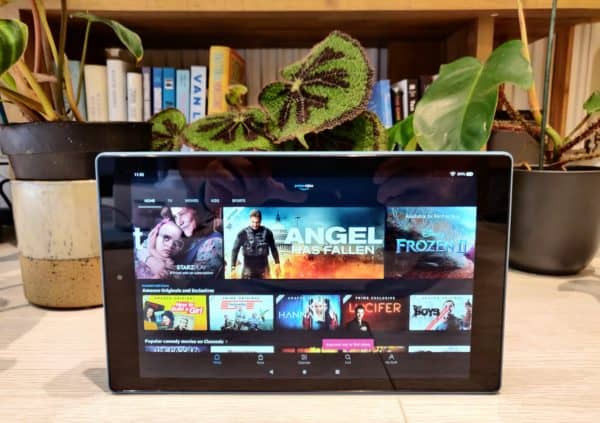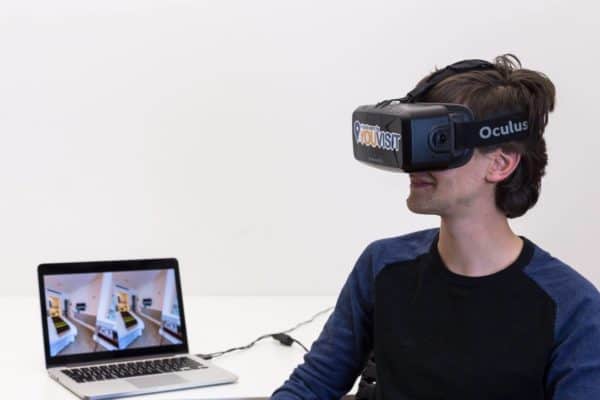Encryption for Travelers: The Basics
We may earn a commission from purchases you make after clicking links on this site. Learn more.With all of the things that people have to worry about before they travel, it’s no surprise data security barely rates a second thought.
Like backups and travel insurance, protecting your data is one of those things that usually doesn’t matter at all until you need it. At that point it matters an awful lot.
Laptops, portable hard drives, and USB keys are all great for storing your data, but once they’re out of your hands, your private data is available to anybody with minimal technical knowledge.
Take a minute to think of all of the information on your laptop. It’s not just photos and private documents, but saved passwords, browser history, and all sorts of other things you’d rather not put into the hands of malicious strangers or government officials looking for an excuse to make your life difficult.
The answer? Data encryption.
What is Encryption Anyway?
In simple terms, encryption is a way of scrambling your data. Unscrambling it requires a password, fingerprint, or other security mechanism, and without that, it remains unreadable even to people with physical access to the device it’s stored on.
I use a free, open-source product called Veracrypt to protect data on both my laptop and portable drive. I could do the same with my USB key as well, or buy one with hardware encryption built in, but instead just choose to not store anything of value on it.
There are essentially two options when it comes to what you encrypt — the entire drive, or a subset of it — with pros and cons to both.
Full drive encryption
Pros
- You don’t need to remember to encrypt important files, since everything is automatically secured.
- Because a password is required as soon as the computer is turned on, a thief can’t use it at all. I like this.
Cons
- If a government official wants to look at the contents of your laptop, you may not be able to hide the existence of encrypted data.
- Some encryption software can slow down your computer.
- Because thieves can’t use the computer, tracking software such as Prey won’t help find it.
Partial drive encryption
Pros
- Easy to set up.
- A drive or computer can be inspected by officials without the existence of an encrypted partition being obvious.
Cons
- Only those files (including system and configuration files) stored in the encrypted part of the drive are protected
- Laptops may still be usable by thieves
Personally I opt for full drive encryption. While offering the greatest security and ease of use, this does mean however that if I am ever stopped at the border with demands to see the contents of my electronics I won’t be able to deny the existence of an encrypted drive.
Immigration officials in Australia, the USA, Canada, and several other countries regularly like to poke around traveler’s laptops without worrying about minor details like “probable cause”, so I don’t assume it won’t happen.
Fortunately it is possible to have the best of both worlds by setting up an encrypted container within your encrypted drive. This means that I could still keep particularly sensitive data secure and invisible while being able to decrypt and hand over my laptop or hard drive for inspection.
Get regular updates from the world of travel tech and remote work
News, reviews, recommendations and more, from here and around the web
All that may sound like overkill, but with every country having different rules about what may or may not be acceptable, it’s a conversation I’d just rather not have to have at the border (or anywhere else).
A little bit of time setting everything up before I started traveling has provided me with peace of mind ever since, which seems like a worthwhile investment.
Like any security measure, encryption is only part of the answer. Backups, strong passwords, VPN software, and other measures also help enormously.
Still, the day your laptop gets stolen from your hotel room or a border guard decides to single you out, you’ll be very pleased to know your confidential data will still remain secure.
Do you encrypt any of your devices when you travel? Why or why not?








I also use TrueCrypt for all my personal files – on both my travelling netbook, on my laptop at home, and even on my work laptop (for personal stuff that I don’t want prying eyes to find). It’s a bit bewildering the first time you set it up (I’m only a semi-geek!) but once it’s up and running, it’s great.
Especially when living out of backpack (when all your worldly possessions are at constant risk of loss or theft) it’s reassuring to know that at least your confidential data is safe. You raise some good points, Dave, about potential issues at border crossings – something I hadn’t really considered before. I think I’ll look at encrypting my entire drive next time….
Special concerns about the US, Oz and Canada surprised me!
My work mac is encrypted and runs ridiculously slow with it – but it’s a corporate software. I never thought about doing my personal computer. But perhaps I should.
Nice,
My configuration is : encrypted container portable softwares inside that container.
That way I can safely backup my whole life/non media (mp3, video) files within minutes, and it’s kept safe.
I use a MacBook Air, with the osx full disk encryption ‘FileVault’. The latest version of this app, in osx 10.7, is a total re-design of the earlier. It works smoothly and quickly. However, I like your point about hiding an encrypted folder inside an unencrypted drive.
For encryption I use ‘Disk Utility’, this comes pre-installed. With this I can create a new, blank, encrypted disk image. I can then add what ever files/folders I want to this disk image. Without the user selected password the contents cannot be seen.
I encrypted my entire laptop drive the last time that semi-geek Lisa and I travelled (after putting an SSD in). When I returned to NZ I removed the encryption. I didn’t notice any slowdown or increase in battery discharge time and that surprised me. Go TrueCrypt.